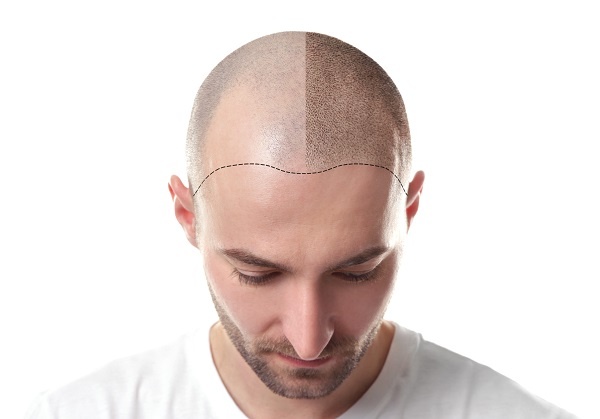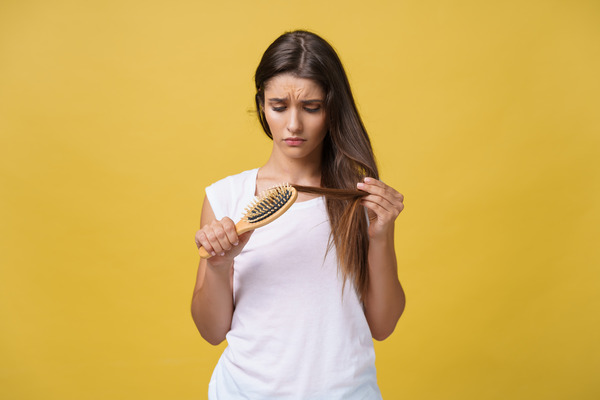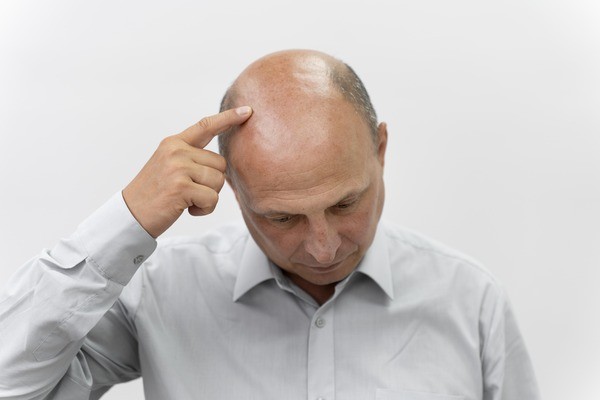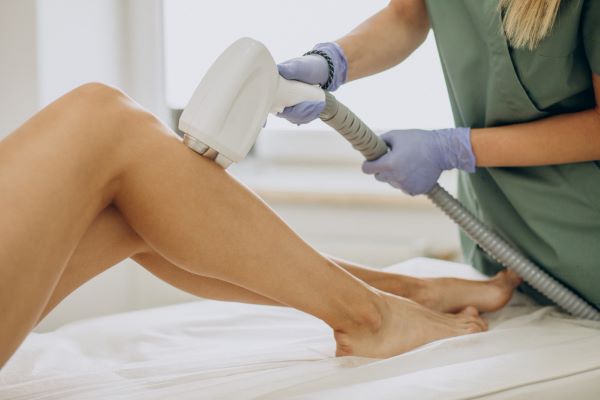
Can Hair Transplant Cause Any Side Effects?
Hair Transplant has become an increasingly popular option for people with thinning hair. Whether there are underlying health conditions that are causing hair loss, or due to the natural aging process, a hair transplant can be the ultimate solution. Let us discuss can hair transplant cause any side effects?
What is Hair Transplant?
Hair transplant is a surgical procedure in which individual hair is removed from one part of the scalp and moved to another. This is achieved by creating tiny holes in the skin with a needle or a scalpel, through which hairs can be pulled out one at a time.
Basically, it is moving hair from one place to another, while also removing some that results in hair loss on the donor area and adding some new ones on the recipient site.
The process involves the following steps:
- Step 1 - The "donor" area is selected where all the unwanted hairs are shed off through plucking/shaving
- Step 2 - The "recipient" area where new healthy hairs grow (natural hair growth cycle + medical assist)
- Step 3 - Transferring of the hair follicles from the donor area to recipient area
- Step 4 - A healthy head of hair that looks natural and fresh.
Hair transplant is a successful procedure, but still, there are some side effects that occur and those are not as severe as one might think! However, we need to know what may happen before going for it so better be prepared.
However, results may differ from person to person depending upon their physical as well as health conditions
Is it safe?
Safety of the procedure depends on multiple things such as The skill level of your doctor or dermatologist, this also includes experience in hair transplant because some doctors have been practicing it from decades before others, and even became professional so they understand how the scalp reacts with certain surgery and they know its limitations thoroughly.
Secondly, needless to say, that cheap means low-quality! It might look tempting at first but you will regret it later on if you don't go for the quality.
Also, more sessions mean more discomfort. Apart from that, some clinics offer to do the procedure in a single session while others spread it over multiple sessions and months or years. It all depends on how your body reacts.
Another thing to keep in mind is, more is not always better! Going for more no. of grafts than required can give a fake appearance and make you look unnatural.
Before going for any hair transplant, go through proper research online and read reviews of the clinic's previous patients.
Possible Side Effects
If a hair transplant goes wrong, you may experience one of the following –
- Shingles/Postherpetic neuralgia (extreme pain)
- The sensation of Dislocation (headaches)
- Incomplete growth of remaining hairs
- Pigmented spot
- Infection
- Loss of transplanted hair
- Scalp numbness
- Sterile fluid collection under the skin
- Cyst
- Pseudofolliculitis barbae (folliculitis)
- Yellow/dark patches
- Redness
- Pain
- Swollen eyelids
- Uneven hair growth
- Bumps on the scalp
- Sensation of Tightness
- Stretch Marks
- Blindspot
- Scarring
Other than that, there are no other significant effects on the patient's body after the procedure which can be considered as a minor inconvenience in comparison with what they're gaining from it - their new head of natural-looking hair.
There will also be some pain when you go back to work as your scalp still needs time to heal fully but this will usually pass within 3-4 weeks. If you're considering undergoing a hair transplant then these side effects should not put you off taking the plunge and if you're worried about the pain, talk to your surgeon who should be able to recommend medications that will help.
The only real risk that's associated with hair transplants is developing an infection due to bacteria. The good news is that this can be avoided by keeping your scalp as clean as possible before and after the operation. When you go out in public, keep away from things like towels or brushes that haven't been cleaned properly.
- Avoid any place where there are high levels of germs such as hospitals or…well, anywhere really.
- Be sure to avoid eating or drinking heavy meals within a few hours of your surgery the night before it occurs.
- Avoid any kind of contact sports including wrestling, rugby, and so forth. You wouldn't want to risk injuring yourself and having an open wound on your head!
Treatments for hair loss in India have improved significantly over the last decade which is good news for all those living in the country where they can undergo a procedure with greater peace of mind. The longer it takes, the better chance there is of seeing complete results from the procedure as all transplanted hairs tend to fall out about 6 weeks after being transferred onto your scalp unless they're supported by your own natural hair which should start growing at around 3-4 months from having treatment carried out.
Treatments for hair loss in India have improved significantly over the last decade which is good news for all those living in the country where they can undergo a procedure with greater peace of mind. The longer it takes, the better chance there is of seeing complete results from the procedure as all transplanted hairs tend to fall out about 6 weeks after being transferred onto your scalp unless they're supported by your own natural hair which should start growing at around 3-4 months from having treatment carried out.
The team at Kaayakalp in Kolkata is dedicated to providing the best care and support for patients. With years of experience, we have helped thousands of men and women achieve their hair goals. If you wish the same for you, book a consultation with us today!








